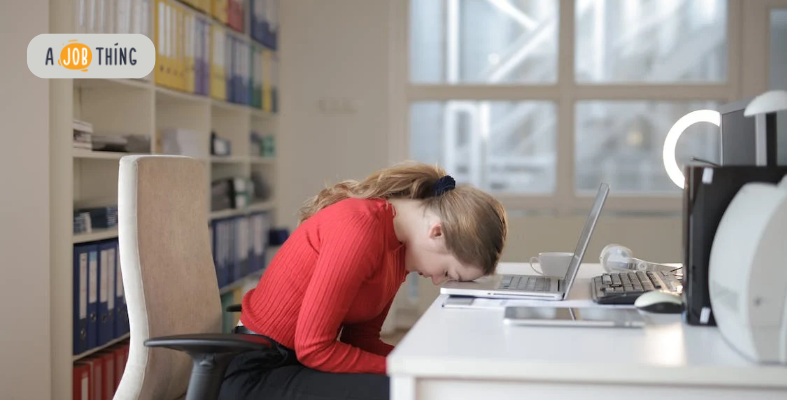
Reasons for Constructive Dismissal by Employer Actions
Are You Hiring?
Find candidates in 72 Hours with 5+ million talents in Maukerja Malaysia & Ricebowl using Job Ads.
Hire NowConstructive dismissal is a complex and sensitive issue that arises when an employee feels compelled to resign due to the actions or behavior of their employer. In this article, we will explore the meaning of constructive dismissal and some specific reasons for this situation. In particular, we will focus on the breach of employment contract, constructive dismissal redundancy, and unfair changes to employment terms.
Constructive dismissal meaning
Constructive dismissal occurs when an employer's actions create a hostile work environment or fundamentally alter the terms and conditions of employment, forcing the employee to resign. It is important to note that constructive dismissal is considered a wrongful termination, even though the employee technically resigns. Let's examine some critical reasons for constructive dismissal by employer actions.
Breach of employment contract
One of the most common reasons for constructive dismissal is a breach of the employment contract. Employers are legally obligated to honor the contract terms, including agreed-upon job responsibilities, compensation, working hours, and benefits. If an employer unilaterally and substantially changes these contractual terms without the employee's consent, it may be considered a breach of contract, giving rise to a claim of constructive dismissal.
Constructive dismissal redundancy
Another reason for constructive dismissal can be related to redundancy. Redundancy occurs when an employer eliminates a job role due to business restructuring, downsizing, or technological advancements. However, if the employer fails to follow fair and proper procedures, such as providing suitable alternative employment or conducting consultations, it may lead to constructive dismissal.
Unfair changes to employment terms
Employers must exercise caution when making changes to employment terms. Unfair changes, such as significant reductions in pay, demotion without valid reasons, or detrimental alterations to working conditions, can amount to constructive dismissal. Employees have the right to work under reasonable and fair conditions, and substantial adverse changes imposed by the employer can create an untenable work environment.
Seeking resolution and legal recourse
If an employee believes they have been constructively dismissed, seeking resolution through internal channels is advisable first. It may involve discussing concerns with HR or management and resolving them informally. However, if the resolution is not possible, employees may seek legal advice to explore potential legal recourse, such as filing a constructive dismissal claim.
Frequently Asked Questions (FAQs)
Q1: When does constructive dismissal occur?
A1: It is typically triggered by a breach of the employment contract or unfair treatment that makes it untenable for the employee to continue working.
Q2: How long does a constructive dismissal case take?
A2: Depending on the complexity of the case, evidence, and legal procedures. It may take several months to a year or more to reach resolution.
Q3: What are other employee dismissals?
A3: You may refer here for other employee dismissals

